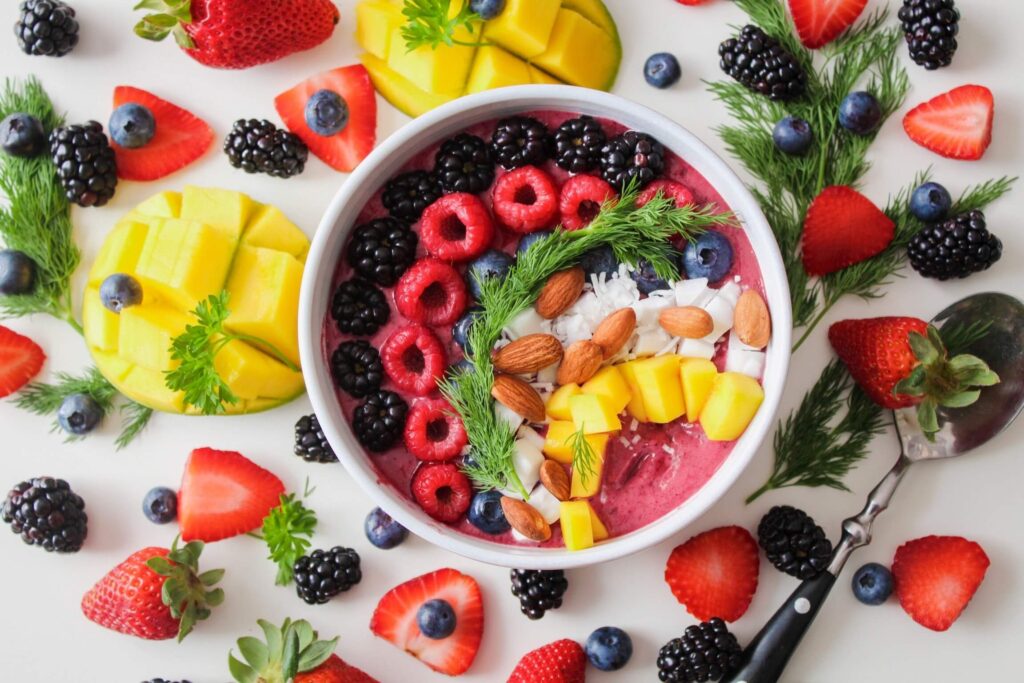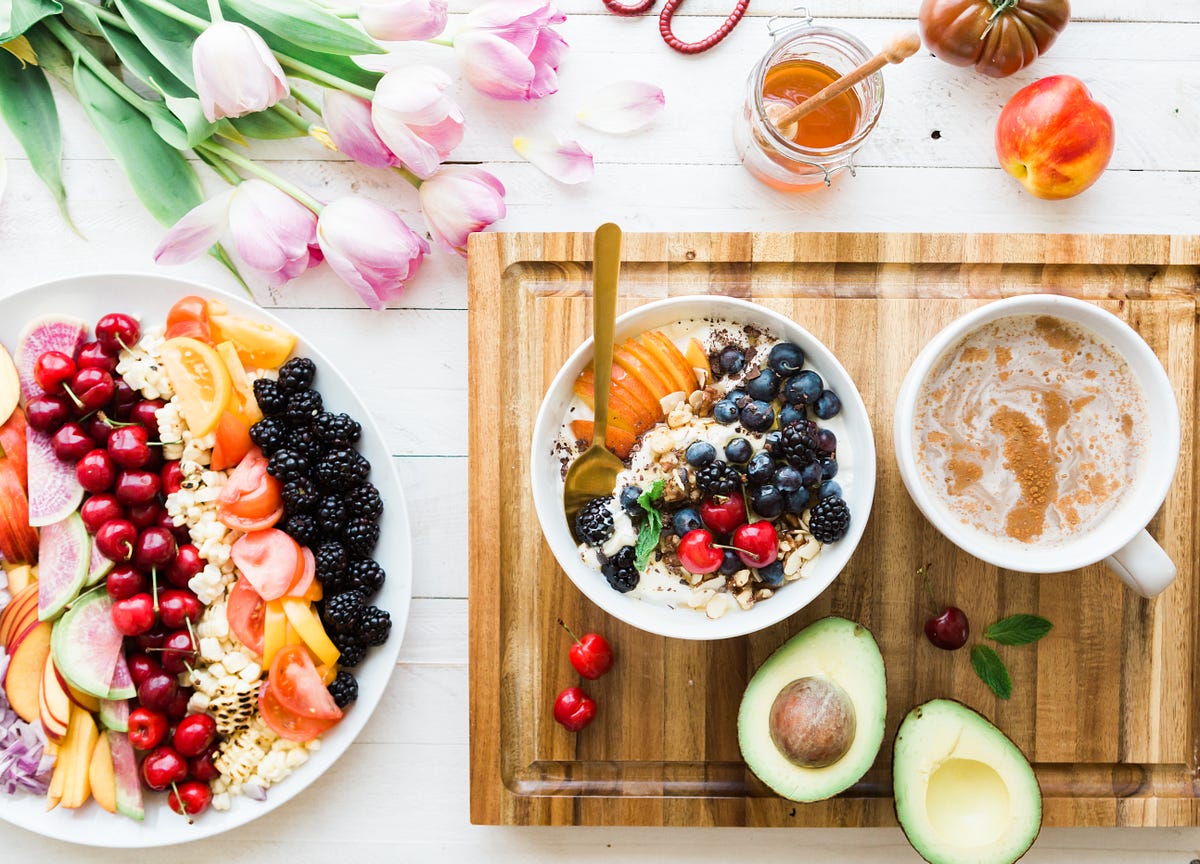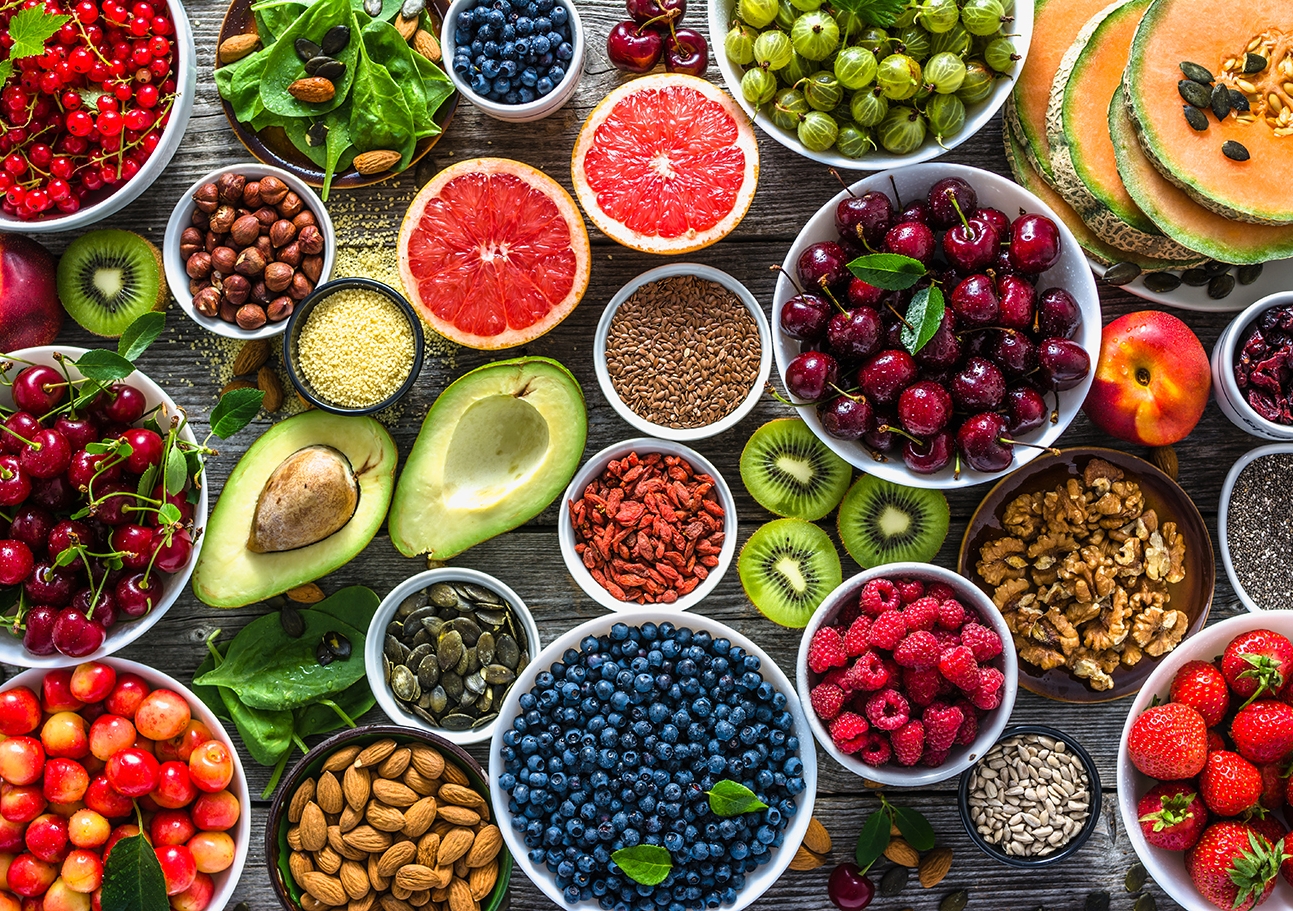Eating an nutrient-dense diet that is that is rich in antioxidants, minerals, and vitamins is among the most crucial aspects of maintaining a healthy and balanced way of life. Research suggests that foods rich in nutrients don’t just will make you feel good and feel great, but they can also reduce the chance of suffering from certain chronic illnesses as well as provide numerous health benefits.
Most likely, you’ve been familiar with the term “superfoods” to refer to foods that claim to help you look good, feel good and live a longer and more healthy life. But what exactly are “superfoods” in the first place? And what exactly makes them so amazing? We’ve looked at these superfoods to find out the things that give them an extra dose of nutrients and how to incorporate them into your daily eating habits.
Which superfoods are there?
There’s no precise definition of what qualifies as a superfood. In reality they are believed to be nutritional powerhouses that supply large amounts of antioxidants phytochemicals as well as minerals and vitamins. The majority of superfoods are plant-based however, some dairy and fish are also included.
Examples of superfoods that are popular include salmon as well as acai, kale as well as almonds, kefir, and acai berries to mention just the few. As there is no specific definition of superfoods as such, any food that has a high nutrient content is usually classified as a superfood.
Related: Four Ways to Effectively Care For Your Health
Superfoods and their benefits
The rich mineral and vitamin content of superfoods can aid your body in preventing illnesses and help you stay healthier. If they are incorporated into a balanced diet, these food items can aid in weight loss, heart health as well as boost energy levels. They can even lessen the age-related effects.
Antioxidants in many superfoods could assist in the prevention of cancer, while healthy fats can lower the risk of developing heart disease. Fiber, also present in a variety of superfoods, can aid in preventing digestive issues and diabetes. Additionally, phytochemicals provide many health benefits, including reducing your chance of developing cardiovascular illnesses. Superfoods also shield your organs from harmful contaminants, lower cholesterol levels, control metabolism and lower inflammation.

Eating healthy, balanced meals
It is important to remember that although superfoods are beneficial for health and offer the nutrients you need every day, eating superfoods alone does not make for the healthiest diet. Eating excessive amounts of a single kind of food could harm your health and hinder people from receiving all the nutrients you require. Because of this, superfoods are a must in an energizing diet, and not to replace any one.
“No one food is able to give you with all the vital antioxidants, vitamins, and minerals that you require,” says INTEGRIS dietitian Meagan Ballard. “It is crucial to eat a broad range of nutritious foods to reap the health benefits that our bodies require. There’s no harm in eating an item of food that supplies you with a healthy quantity of a particular mineral or vitamin that you require, however, our bodies require numerous minerals and vitamins to function therefore don’t count on one food item to attain this.”
A balanced and healthy diet should contain fruits and vegetables, lean proteins and beans, whole grain, and nuts. It is also important to limit the consumption of bad fats, sodium and refined sugar. If you combine exercising regularly and physical exercise routine, a well-balanced and balanced diet can do great for your overall health. As Ballard says, “Food IS medicine.”
Related: 5 Healthy Habits to Practice As You Age
Superfoods that are popular
Here are a few of the most sought-after superfoods and the benefits they offer. If you are considering adding superfoods to your diet, remember that natural, unprocessed varieties have the highest advantages. Foods are prone to losing their nutrients-rich quality when refined or added sugar to add flavor. For instance, green tea offers a variety of antioxidants your body requires, however it is typically processed using inferior tea, and then brewed with large amounts of sugar, reducing its health benefits.
Acai Berries
Acai berries are found across Central as well as South America and are the fruit of the Amazon palm tree. They are rich in anti-oxidants, healthful fats B vitamins, fiber magnesium, potassium, and phosphorus, meaning they certainly live the superfood label. Studies have proven that these berries help reduce and repair damage caused by oxidative stress and assist in maintaining the normal level of blood sugar.
Other varieties of berries, such as the cranberries, blueberries and strawberries are also high in vitamins, soluble fibre and phytochemicals. Certain plant compounds and antioxidants present in berries can help reduce the development of cancerous cells and aid in protecting memory and cognitive functioning.
Kefir

It’s likely that you’ve never had the chance to experience kefir but it’s actually one of the most probiotic-rich food sources around the globe. Kefir is fermented by culture and is composed of kefir grains as well as raw milk. The yogurt-like drink is rich in B vitamins, protein and potassium, as well as calcium. Its greatest health benefits are its probiotic benefits. Probiotics can boost the ratio of healthy bacteria within the gastrointestinal tract, prevent and treat diarrhea as well as treat irritable bowel syndrome and prevent gastrointestinal illnesses, in addition to other advantages.
Since kefir is fermented lactose intolerant people can take advantage of kefir and many of its advantages, despite the fact it is made from milk.
Avocado
Avocados can help in a variety of ways, from reducing cholesterol to easing arthritis, to reducing the negative effect of chemotherapy. Avocados are rich in monounsaturated fats which increase the levels of cholesterol that are healthy. It is rich in vitamin E B6 and E, which help in the development of red blood cells and help protect tissues against free radicals, generating glycogen (an energy source for your body) and improving the health of your skin.
Avocados are also able to help your body absorb carotenoidspigments in plants that cause the bright yellow, red and orange hues in other vegetables and fruits. Carotenoids are beneficial because they are rich in of Vitamin A. It is a vitamin responsible for reducing the risk of developing cancer or heart disease, as well as eye degeneration.
Read More: The Best Pistachio Nuts for Your Health?
Kale
A popular superfood Kale is a leafy green plant that is rich in vitamins A C, and K as well manganese, calcium, antioxidants, and iron. Kale is low in calories and rich in Omega-3 fats which fight inflammation such as asthma, arthritis and some autoimmune disorders.
As with kale, other leafy greens like Swiss collard and chard mustard greens, spinach broccoli, cabbage, and kale are high in vitamins that aid in vision, stop blood clots and the health of bones, increase metabolism and fight certain types of cancer.
Salmon
Salmon is a good source of omega-3 fat acids, which may reduce your risk of developing heart stroke and coronary. Incorporating salmon into your diet will lower blood pressure, decrease inflammation, and can even improve your mood. It is also rich in selenium and vitamin D that can help protect cells from damage and improve your skin, hair and nails as well as bones. It is recommended that the American Heart Association recommends eating fish like salmon at least two times a week.
Ginger
A less-known superfood that is a popular spice, ginger is known to boost your immune system an increase to fight off infections and guard against cancer. Ginger has been utilized throughout the ages to treat stomach problems, nausea and muscle pain. It is also known to decrease inflammation and lower blood sugar. Add ginger to your meals as a spice or making tea with it or taking supplements containing ginger root.
Read More: The Importance Of Eating Healthy Food For a Healthy And Long Life
Sweet Potatoes
Sweet potatoes are a fantastic source of fiber and vitamin A vitamin B6 Vitamin C as well as magnesium, iron and potassium. These nutrients assist in preventing heart attacks and keep you looking younger, boost your the health of your immune system, enhance the quality of your vision, and help maintain good bones, teeth and skin. Because sweet potatoes naturally sweet, they don’t require any extra salt, butter, or cream that are usually added to potatoes in order to enhance their taste.
Quinoa
Quinoais an extraordinary grain rich in protein and fiber. actually, it has greater protein levels than other cereal. In addition to the high protein content Quinoa is also a source of potassium and iron.
Quinoa actually isn’t a grain, but is actually an actual seed. Quinoa is gluten-free and is commonly utilized as a substitute for rice. Alongside its other advantages it is also an excellent source of numerous minerals, vitamins and antioxidants.








